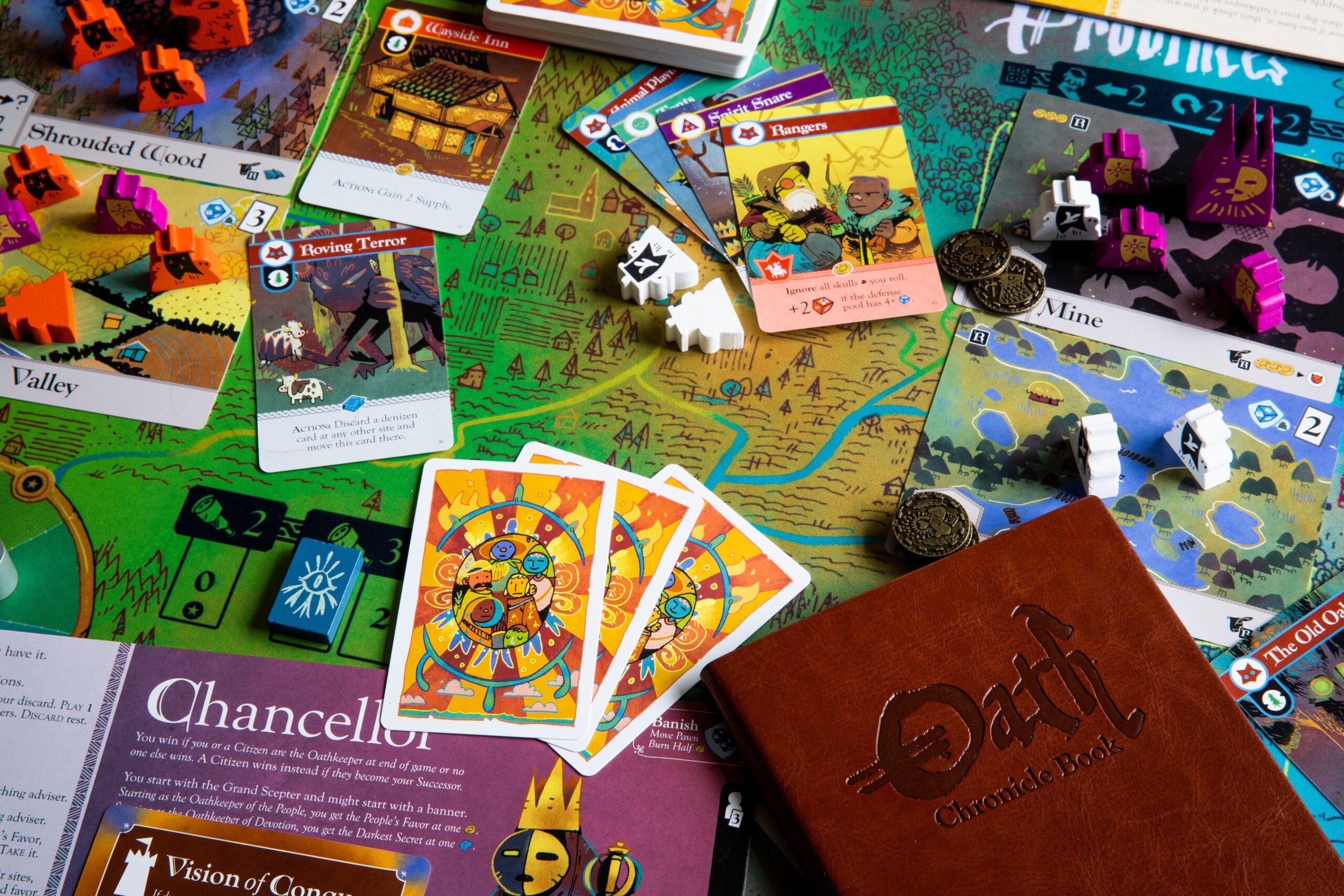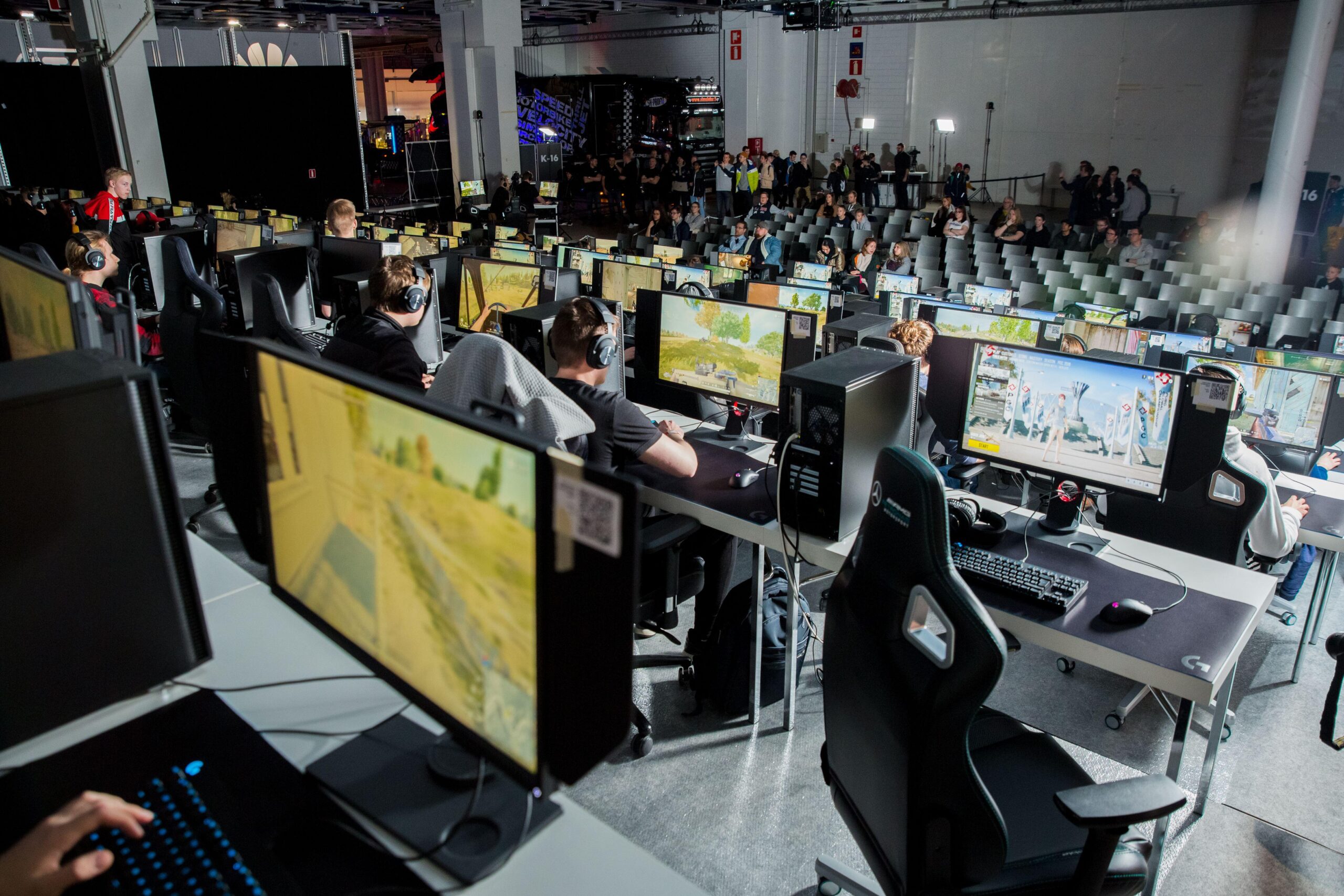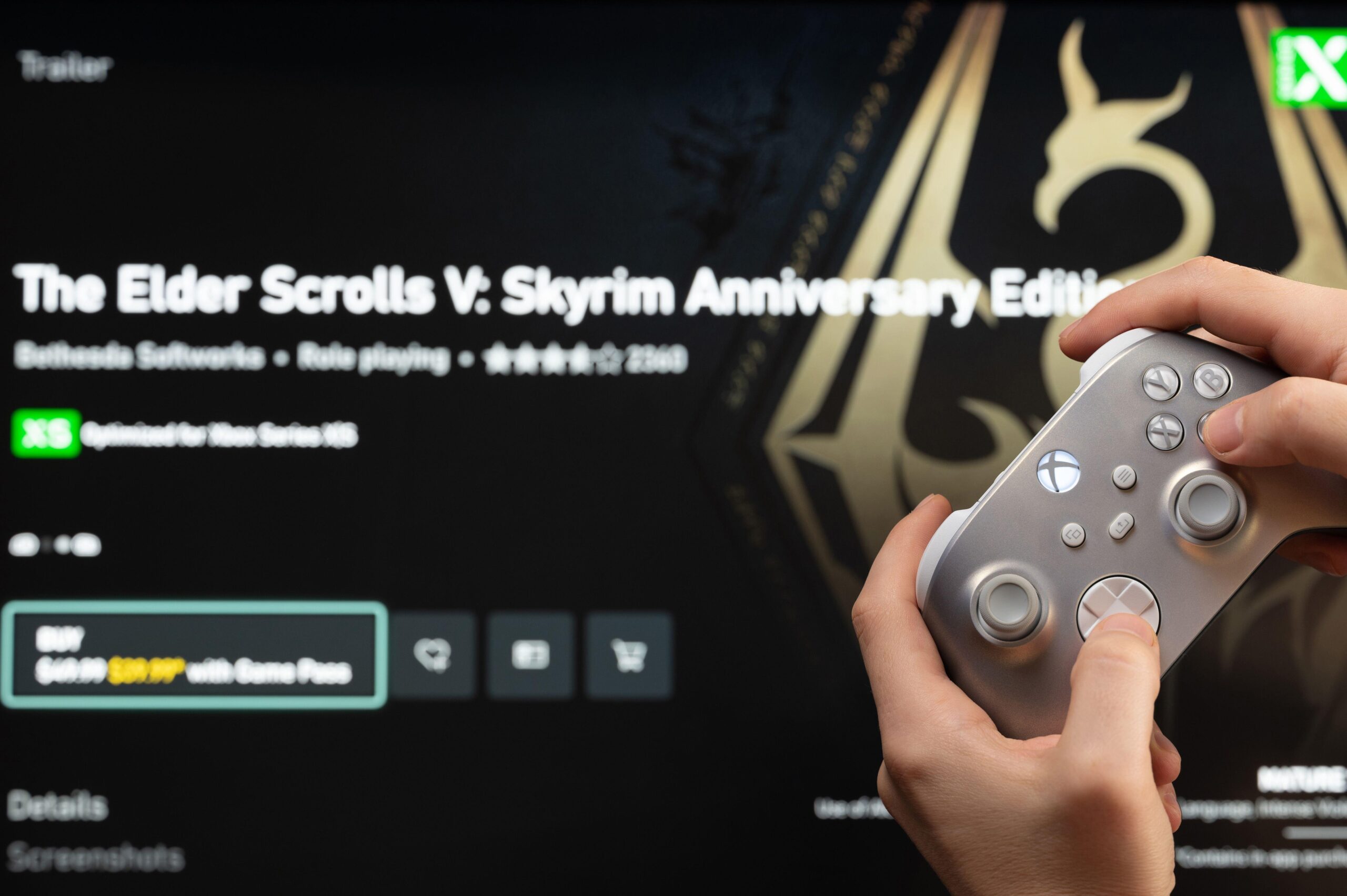As a board game enthusiast, I’ve whiled away many nights at a table, dice rolling, card shuffling, and strategizing with friends. From fast-paced card games to epic strategy sprawls, I thought I’d experienced it all—until legacy board games came into my life. These games, such as Pandemic Legacy and Risk: Legacy, aren’t so much played as lived. They change, they tell stories, and they become yours in a way that’s difficult to explain, and even harder to resist.
So, why do legacy board games captivate us time and again? Let’s delve into the quirks and charm that make them impossible to resist.
What Makes Legacy Board Games Different
Let’s first understand what makes legacy board games different from the others. Unlike traditional games like Catan, where bartering resources and building settlements have fixed rules, legacy games irreparably change with each play. You can put stickers on the board, open sealed packets with new regulations, or burn cards. These changes create a unique experience based on the choices of your group.
A playthrough of Machi Koro Legacy or Gloomhaven is a personal artifact, a reflection of your experience. This replayability involves players, offering a fresh challenge every time.
Evolving Gameplay Keeps It Fresh
Furthermore, legacy board games evolve with every playthrough, meaning that no two games are identical. In Pandemic Legacy: Season 1, you battle diseases initially, but each game introduces new rules, characters, or board modifications.
The constant evolution prevents the staleness of regular games. Instead, new issues arise, such as unexpected outbreaks of diseases in Risk: Legacy or shifting allegiances. Each playthrough is therefore exciting and packed with surprises, and players cannot wait for the next session.
Storytelling That Draws You In
In addition, legacy board games are storytelling masters. Some build stories that last multiple sessions, delivering a saga-like experience. In Risk: Legacy, for instance, players develop a world’s history through conquests, and permanent changes reflect their story.
Similarly, Betrayal Legacy constructs a haunted house tale across centuries, and each game session adds a chapter. Consequently, this narrative wealth makes players feel they are living an epic and encourages them to return to see how it ends.
A Game That’s Uniquely Yours
Besides, legacy board games build a sense of ownership. With their permanent changes—stickers, handwriting, or destroyed components—players claim their game as their own. In Machi Koro Legacy, your town is molded by your choices and becomes a quirky reflection of your group’s decisions. This personalization makes each copy unique.
For example, your Gloomhaven board, scarred by your campaign’s battles, is akin to a trophy of your adventures, strengthening your attachment to the game and your fellow players.
Building Bonds Through Shared Adventures of Legacy Board Games
Equally important, legacy games cement social bonds. With campaigns played with the same group, they encourage a regular meetup. Consider the following: weekly game nights where you and your friends play Pandemic Legacy, laughing at busted plans or astonished at new surprises. These create long-term memories.
And as Risk: Legacy’s rivalries or Gloomhaven’s collaboration make game nights a ritual, players are bonded together through their campaign.
Choices That Carry Weight
Also, decisions in legacy games are irreversible, giving emotional significance. Choosing a card to eliminate or placing a sticker in Betrayal Legacy is monumental, as it determines future games. This weight makes every action interesting.
As opposed to regular games, where losses are temporary, legacy board games make you feel the consequences of your decisions. Thus, players are invested in the outcome of each session and the campaign as a whole.
The One-Time Journey That Remains
Legacy board games do possess a catch: the majority of campaigns are playable just once. Once you’ve finished Pandemic Legacy or Risk: Legacy, you can’t play the identical story a second time. Yet in another sense, it makes them all the more appealing. The one-time journey has the quality of something precious, a concert that you’ll never forget.
Some games, like Machi Koro Legacy, include replayable end-states, but the real draw is the one-time experience. So, players crave more, diving into new legacy games or replaying with different groups.
Why Legacy Board Games Stay With Us
Lastly, legacy board games stick with us because they combine shifting gameplay, rich storytelling, customization, social connection, and emotional investment. They’re more than just games—they’re experiences that linger, both on the board and in your heart.
For gamers like me, the thrill of opening a new envelope in Pandemic Legacy or reshaping the world in Risk: Legacy is unmatched. These games keep us coming back, curious as to what the next session will hold and how our choices will shape our legacy.
Notable Legacy Board Games
- Pandemic Legacy: Features innovative disease mechanics and cooperative play, with a 12–24 game campaign. Single-play campaign, no replay.
- Risk: Legacy: Focuses on world-conquering shape with permanent changes, across more than 15 games. Single-play campaign creates a one-time world.
- Machi Koro Legacy: Focuses on town-building with light strategy, across 10 games. Single-play campaign, end-state replayable.
- Gloomhaven: Offers a deep RPG campaign with complex mechanisms, consisting of 20+ scenarios. Single-play campaign, limited replay.
- Betrayal Legacy: Creates a haunted house narrative with a progressive story across 14 chapters. Replayable as a custom game.







